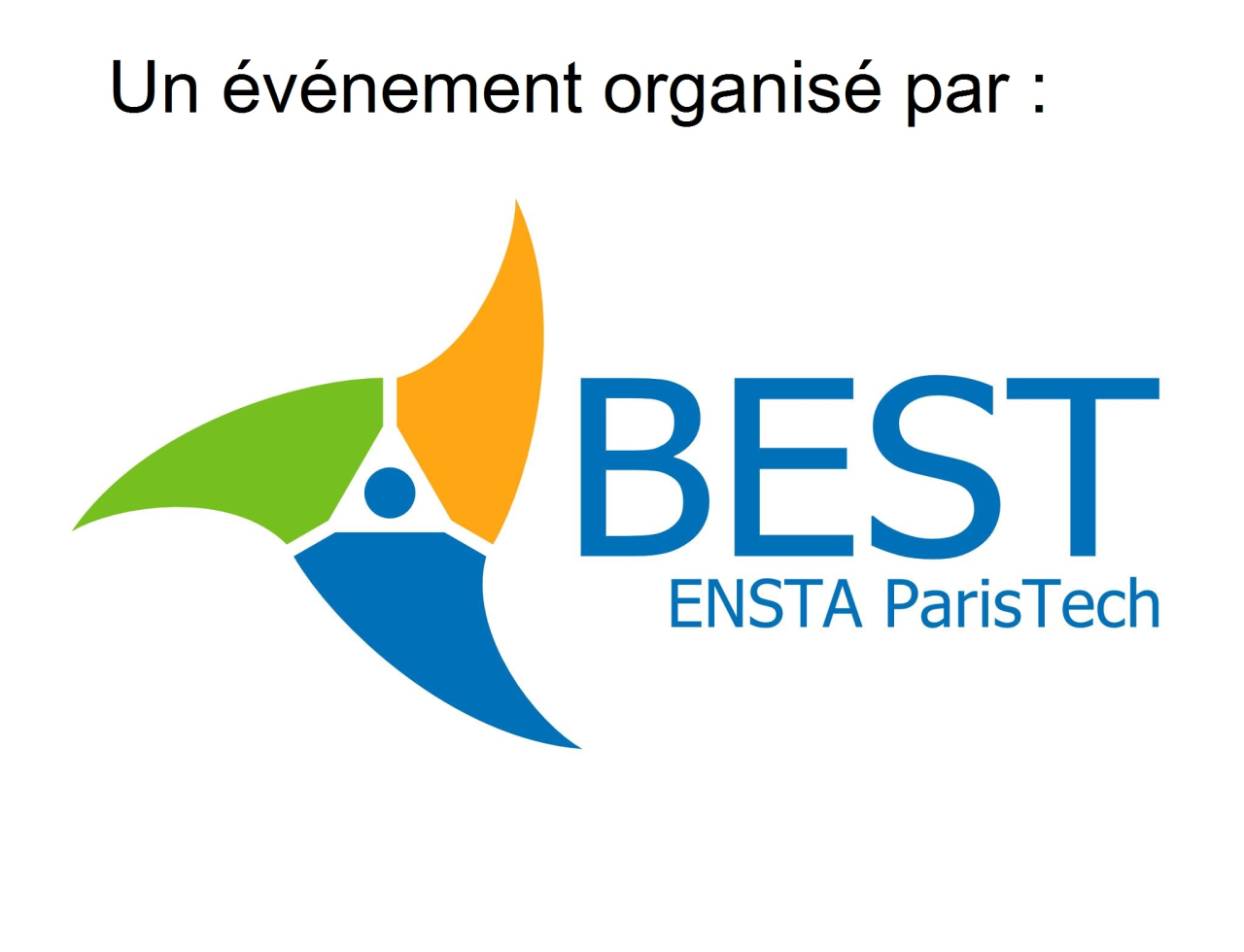Best-Selling LEGO Sets of 2025 A Complete Buyer’s Guide sets the stage for this enthralling narrative, offering readers a glimpse into a story that is rich in detail and brimming with originality from the outset. As we explore the exciting world of LEGO in 2025, we’ll dive into the most sought-after sets that are captivating enthusiasts and collectors alike. From innovative designs to timeless classics, this guide aims to help you navigate the vibrant landscape of LEGO, ensuring you make informed choices.
In today’s fast-paced world, the importance of effective communication cannot be overstated. Whether in personal relationships, the workplace, or wider society, our ability to convey thoughts, feelings, and ideas plays a crucial role in our interactions with others. In this article, we will explore the various facets of communication, its significance, and strategies for improvement. Effective communication facilitates understanding, fosters relationships, and can even influence our success in life and work.
It encompasses not only verbal exchanges but also non-verbal cues, such as body language, facial expressions, and tone of voice. In this digital age, written communication has gained immense importance with emails, texts, and social media being primary modes of interaction for many.One of the first aspects to consider is the concept of active listening. Active listening is a communication technique that involves fully concentrating, understanding, responding, and remembering what the other person is saying.
It requires a conscious effort to not only hear words but to understand the underlying messages and emotions. By practicing active listening, you demonstrate respect and appreciation for the speaker, which helps to build trust and rapport.In addition to listening, clarity and conciseness are crucial in conveying your message effectively. When speaking or writing, aim to be as clear and straightforward as possible.
Avoid LEGO Sets jargon and complex language that may confuse the listener or reader. Instead, use simple, direct language that can be easily understood. This doesn’t mean oversimplifying your message but rather ensuring that it is accessible to your audience.Another important aspect of effective communication is non-verbal communication. Body language, eye contact, gestures, and even your posture can significantly impact how your message is received.

For instance, maintaining eye contact shows confidence and engagement, while crossed arms may signal defensiveness or disinterest. Being aware of your body language and how it aligns with your verbal messages is key to effective communication.Empathy also plays a significant role in communication. Understanding and acknowledging the feelings and perspectives of others can enhance your interactions and resolve conflicts more effectively.
When you can empathize, you not only connect on a deeper level but also create an environment where others feel safe to express themselves. This fosters open dialogues and can lead to more productive conversations.In a professional setting, the importance of communication cannot be understated. Team collaboration, project management, and client interactions all hinge on effective communication skills. For example, clear instructions and feedback can boost productivity and morale among team members.
Moreover, transparent communication helps in building a strong company culture, where employees feel valued and informed.To further enhance your communication skills, consider engaging in public speaking, writing workshops, or even joining groups like Toastmasters. These platforms provide opportunities to practice and hone your skills in a supportive environment. Feedback from peers can be invaluable in recognizing areas for improvement and building confidence in your abilities.As we delve deeper into the importance of communication, let’s not forget the impact of technology on our interactions.
With the rise of remote work and virtual meetings, understanding how to communicate effectively through digital platforms has become essential. Familiarizing yourself with tools like Zoom, Slack, or Microsoft Teams can help you adapt your communication style to suit these environments. Additionally, being mindful of the tone in written communication is crucial, as it can often be misinterpreted without the context of body language or facial expressions.Social media has also transformed the way we communicate.
It allows for the rapid dissemination of information and provides a platform for dialogue and engagement. However, it’s important to approach social media communication with care. The lack of verbal cues can lead to misunderstandings, so being thoughtful about your words and the potential reactions they may elicit is essential.Moreover, cultural differences can significantly affect communication styles. Understanding and respecting these differences can foster better relationships in an increasingly globalized world.
For example, some cultures value directness and bluntness, while others may prioritize harmony and indirect communication. Being aware of these nuances can help you navigate conversations more effectively and avoid unintentional offenses.Feedback is a critical component of effective communication. It not only helps individuals improve but also fosters a culture of open communication within teams and organizations. Providing constructive feedback involves not just pointing out areas of improvement but also acknowledging what was done well.
This balanced approach encourages continued growth and development.In conclusion, effective communication is a multifaceted skill that requires ongoing practice and refinement. By actively listening, being clear and concise, understanding non-verbal cues, demonstrating empathy, and adapting to various contexts, you can enhance your ability to connect with others. Whether in personal relationships or professional environments, strong communication skills are vital for success and fulfillment.
Take the time to invest in honing these skills, and you will undoubtedly see the positive impact they have on your interactions and relationships.




